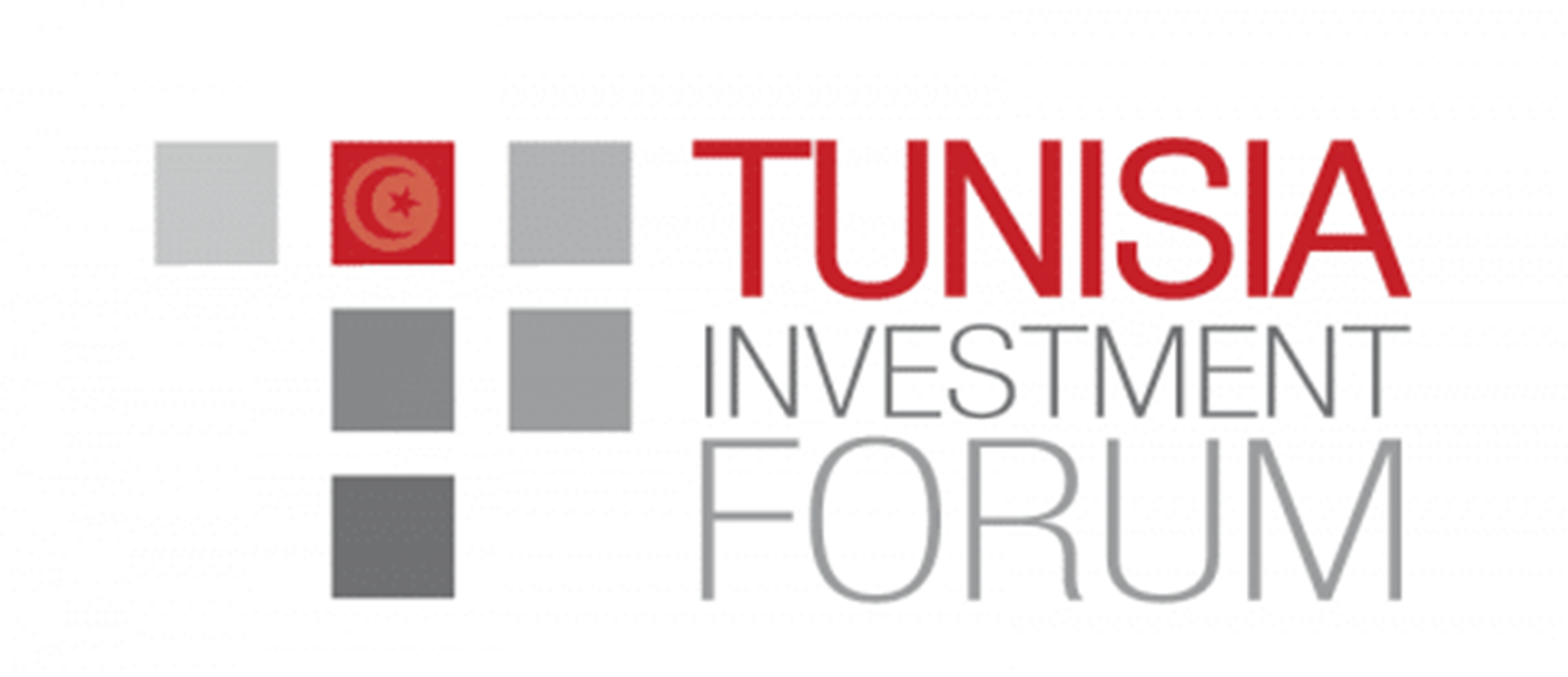Menu



FIPA-Tunisia 2024. All rights and photo credits reserved Numeryx Tunisia
The governorate of Sfax, located in the centre-east of the Tunisian Republic, occupies a strategic position as an economic and commercial hub, with a coastline on the Mediterranean Sea of nearly 235 km. With its population of 948,705 inhabitants, or 8.5% of the national population, Sfax is positioned as the second most populous governorate after the capital. The local economy has witnessed significant changes since the 1960s, shifting from a reliance on olive oil, fishing, and phosphates to a rapid diversification, including the development of the industrial, tertiary, and agricultural sectors.
● The industrial sector has around 2,300 units, employing 25% of the active population.
● The tertiary sector, particularly commerce, thrives with 100,000 jobs.
The commercial harbour of Sfax, among the oldest in the country, plays a key role in both national and international trade. The governorate has notable tourist attractions, such as a seaside medina, a rich archaeological heritage, and the Kerkennah Islands, providing promising prospects for seaside tourism.

The governorate of Sfax benefits from a solid infrastructure, including an extensive network of land, naval, railway, and air transport. With national and regional roads, the region facilitates travel both nationally and regionally. The harbour of Sfax, serves as a pivotal point for naval transport, with an impressive capacity of 4.9 million tons of goods per year and the welcoming of 1,330 ships. For air transport, the presence of the airport SfaxThyna facilitates the import and export of goods, reinforcing Sfax’s strategic position in national and international trade.
The industrial zones of the Sfax governorate demonstrate growing economic vitality. The zones administered by the Agence Foncière Industrielle (AFI), such as Poudrière I, Poudrière II, Madagascar, Maou, Hencha, Jebeniana, Sfax naval and Thyna, stand out as centres of dynamic industrial activity. These areas are home to businesses engaged in various sectors, including manufacturing and the naval industry. At the same time, eight other industrial zones, including Skhira, Sidi Salem, Agareb, Maharès, Gharaba, Sakiet Ezzit, Sakiet Eddaier and Sidi Salah, enrich the industrial landscape of the region. This well-distributed industrial infrastructure promotes the competitiveness of Sfax as a major industrial hub in Tunisia.
Besides its economic vitality, the governorate of Sfax distinguishes itself through its dedication to the development of its population by improving education, healthcare, vocational training, and tourism.
● Education occupies a prominent place in Sfax, with 378 primary schools, 238 nurseries, kindergartens and children’s clubs, as well as 100 high schools and secondary colleges. The city also asserts itself as an important university centre, welcoming 50,000 students spread across 35 establishments.
● Healthcare provides nine regional hospitals, thirteen clinics, thirty analysis and radiology laboratories, and two hundred and two pharmacies. A family planning and maternity centre completes this medical infrastructure and ensures quality services to the community.
● Sfax invests in skills development with eleven professional training centres, including two multidisciplinary, and specialisations such as electronics and IT, clothing, construction, mechanics, pastry, leather and footwear. This diversity of training contributes to the professional growth and adaptability of the local workforce.
● Tourism and leisure are also key aspects of life in Sfax. The region delivers an enriching experience with 35 hotels and varied crafts including jewellery, woodworking, leather goods, leather and footwear, clothing and weaving. It gives visitors and residents the opportunity to discover and appreciate the rich local artisanal heritage.
These infrastructures contribute to making Sfax a successful economic centre and a city where human development occupies a central place.


Agency for the Promotion of Industry and Innovation – APII
Established in 1972, APII is a public institution under the supervision of the Ministry of Industry, Energy and Mines. It is responsible for implementing government policy relating to the promotion of the industrial sector and innovation. The APII is the main point of contact for investors regarding the legal constitution of companies and the management of financial and fiscal benefits.
APII services
The One Stop Shop, ISO 9001 certified, provides most of the APII services for the company
● The provision of certificates for the submission of investment project declarations
● Carrying out the formalities for the establishment of companies.
● Assisting with the establishment of companies.
Agricultural Investment Promotion Agency – APIA
APIA is a public institution established in 1983, with the principal mission of promoting private investment in agriculture, fishing and associated services.
APIA services
● Granting financial and fiscal benefits established by the Investment Law No. 2016-71 to promoters of agricultural, fishing, and related services projects, as well as projects involving the primary processing of agricultural and fishing products.
● Identifying investment opportunities and project ideas to be promoted by Tunisian and foreign private operators, thereby contributing to the achievement of national objectives assigned to the agricultural sector.
● Assisting promoters in the preparation of their investment files and providing guidance during the implementation phase of their projects.
Agence Foncière Industrielle – AFI
The Industrial property Agency is a public organisation established in 1973 to strengthen the industrial network and contribute to the economic and social development of Tunisia.
AFI services
● The creation and development of industrial areas equipped with the amenities necessary for the implementation of industrial projects.
● The construction of modular industrial premises and their provision to Tunisian and foreign investors.